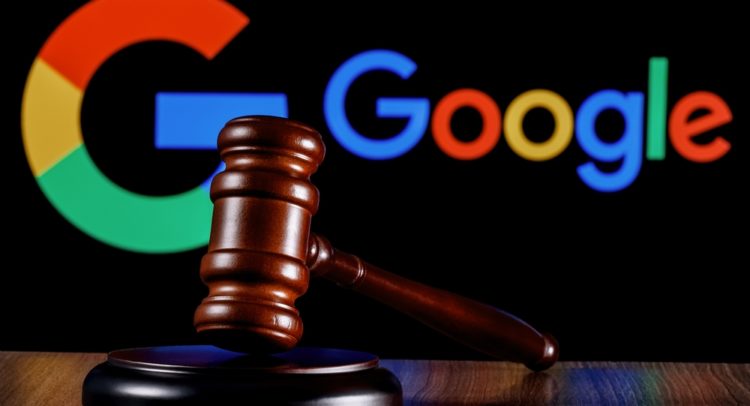|
Getting your Trinity Audio player ready...
|
For the first time since the breakup of AT&T four decades ago, the US government is considering dismantling one of the world’s largest monopolies: Google. The Department of Justice (DOJ) made the announcement in a court filing on Tuesday night, signaling a possible breakup of Google’s core businesses, including its search engine, Android, Chrome, and the Google Play Store.
This move could reshape the future of the tech industry and change how millions of Americans access information online.
Google’s Antitrust Battle: An Overview
The DOJ’s potential call for Google’s breakup comes after U.S. District Judge Amit Mehta ruled in August that Google violated U.S. antitrust laws. The ruling, which labeled Google as a “monopolist,” is expected to lead to significant changes in how Google operates its search business—its oldest and most lucrative segment—and how it uses other products like Android and Chrome to maintain its dominance.
In its court filing, the DOJ raised concerns about Google’s practice of favoring its own services, suggesting that separating its businesses could prevent Google from using products such as Android and Chrome to give its search engine an unfair advantage over rivals. The filing hinted at a broader goal: to foster a more competitive market for search engines and artificial intelligence (AI) services.
A Radical Proposal: The Case for Dismantling Google
The DOJ’s recommendation of a Google breakup would be the most significant antitrust action against a tech company since the government’s landmark antitrust case against Microsoft in the early 2000s. In particular, the DOJ seeks to prevent Google from leveraging its power across its ecosystem of products, thus eliminating the company’s ability to self-preference its own search engine in its other services.
In its court filing, the government argued that a breakup would “level the playing field,” allowing competitors to offer alternative search solutions and new AI-driven search features. A major concern is that Google’s vast reach and the amount of data it gathers could give it an insurmountable advantage in the burgeoning AI sector.
Google Fires Back: A Fight to Protect Its Business Model
Google has not taken the DOJ’s recommendation lightly. In a blog post, the tech giant called the proposal “radical” and argued that dismantling its businesses could lead to unintended consequences for consumers.
According to Google, separating its businesses could disrupt Android and Chrome, hinder innovation in artificial intelligence, and undermine users’ privacy by forcing Google to share personal data with competitors.
“This case is about a set of search distribution contracts,” Google wrote in the blog post, referring to the contracts that ensure Google is the default search engine on many devices. “Rather than focus on that, the government seems to be pursuing a sweeping agenda that will impact numerous industries and products, with significant unintended consequences for consumers, businesses, and American competitiveness.”



